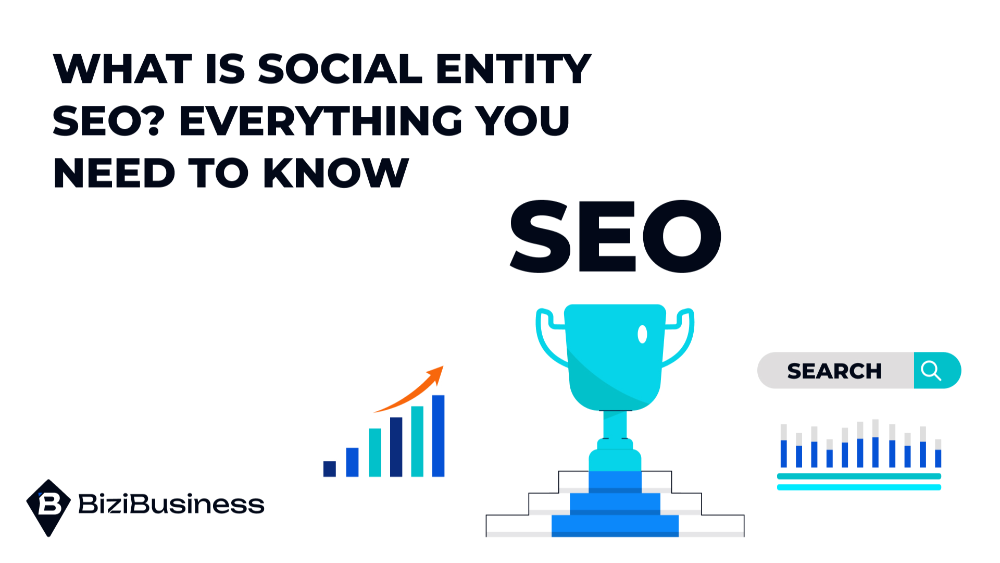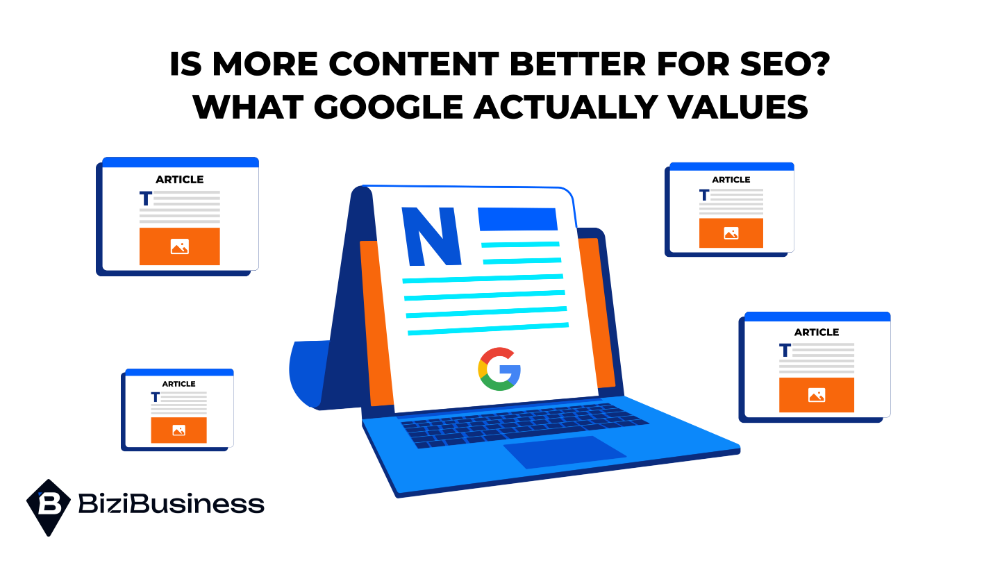Contents
Discover what social entity SEO is, why it matters in 2025, and how it impacts your rankings. Easy-to-follow guide for beginners.
What is social entity SEO, and why is it redefining digital visibility today? It’s the strategy of building your brand into a recognized entityG — not just a keyword target — in the eyes of search engines, social platforms, and AI-driven algorithms.
Old-school SEO tactics are fading fast. Google no longer relies solely on keywords to rank content — it evaluates your entire online footprint: social signals, structured data, backlinks, and brand mentions.
In this guide, we’ll unpack how social entity SEO works, why it’s critical for long-term visibility, and exactly how to make your business more discoverable, credible, and competitive.
What Is a Social Entity?
A social entity is more than just a business name or website — it’s an identifiable digital presence tied to trust, consistency, and authority across the web. Think of it as your brand’s online identity, confirmed and reinforced by multiple external sources that say, “Yes, this is legitimate.”
Social entities include:
- Verified social media profiles
- Branded knowledge panels on Google
- Google Business Profiles
- Structured listings on directories like Yelp or Clutch, etc.
- Mentions in authoritative third-party articles
These assets act as trust signals that connect your brand to real-world credibility. When they’re consistent, interlinked, and active, they collectively tell search engines, “This is a real business with a reliable digital footprint.”
Unlike traditional SEO, which often revolves around backlinks and keyword density, social entity SEO is about semantic trust. Google doesn’t just want to see who’s linking to you — it wants to understand who you are, what you do, and how you’re connected to other entities.
In the world of semantic search, entities are the building blocks of meaning. So, when your brand’s Facebook, Google Business profile, and website all echo the same brand story—and third-party sites reference you as an authority—you’re no longer just a website. You’re a trusted entity Google recognizes, ranks, and recommends.
What Is Social Entity SEO?
Social entity—in SEO terms—is the practice of optimizing your brand’s digital presence so that Google understands you not just as a website but as a verified, connected, and authoritative entity across the web.
At its core, this strategy uses social entities — like your Google Business profile, social media pages, structured data, and third-party mentions — to feed information into Google’s Knowledge Graph and semantic search system. Instead of just crawling pages for keywords, Google now evaluates how your brand fits into the broader web of meaning. It’s no longer just about what you say — it’s about who says you are real, reliable, and relevant.
In a world dominated by AI-powered search and generative responses, Google relies heavily on entity-based signals to ensure accuracy and trustworthiness. If your brand doesn’t appear as a clear, cohesive entity across multiple sources, you risk being left out of AI-driven results entirely.
Structured data, like schema markup, helps translate your content into a machine-readable format. Meanwhile, authority signals — such as mentions on reputable sites, consistent citations, and branded search activity — confirm your legitimacy.
In short, social entity SEO ensures that when Google’s algorithms ask, “Who are you?”—the internet answers confidently, and your visibility rises accordingly.
Why Google Cares About Social Entities
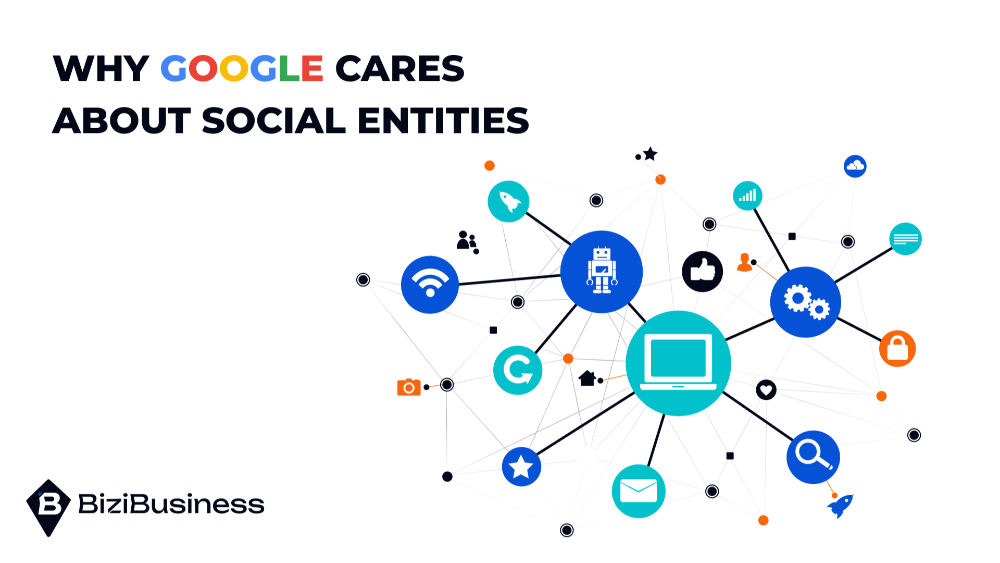
Backlinks have always been a vital part of SEO — third-party endorsements that signal trust and relevance. But in recent updates, Google’s focus has shifted toward something even more foundational: understanding social entities.
A social entity is your brand’s verified identity across the web. Think Google Business Profiles, LinkedIn pages, consistent NAP (Name, Address, and Phone number) citations, and branded mentions — all interconnected to form a cohesive picture of who you are. While backlinks validate your content, social entities validate your existence.
Google’s evolving algorithm, powered by AI and built around semantic search, is no longer just looking for keyword matches. It’s mapping relationships. Through tools like the Knowledge Graph, Google connects your website to your social profiles, business listings, and third-party references. The more aligned and consistent these signals are, the more confidence it has in your brand.
This is where E-E-A-T — Experience, Expertise, Authority, and Trust — comes in. Google wants proof that you’re not just a keyword target, but a real business people engage with and trust. That’s why search results like featured snippets, knowledge panels, and People Also Ask boxes are increasingly entity-driven.
Just as backlinks help Google decide what to rank, strong social entity signals help it decide who to trust.
Want to see how the two work together? We break that down here: What Are Backlinks and How Do They Improve Your Site’s Ranking?
Key Benefits of Social Entity SEO
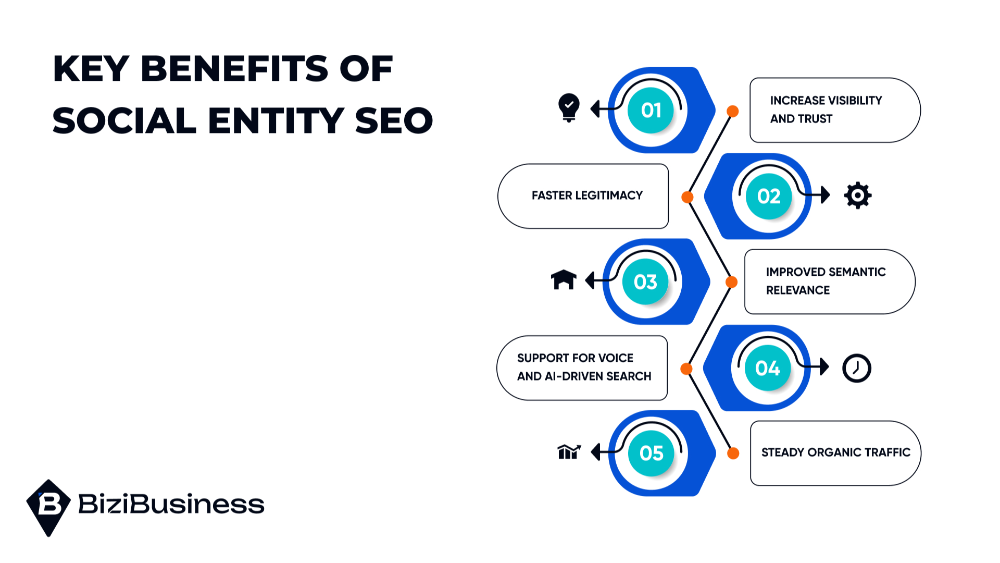
The real power of social entity SEO lies in its ability to connect the dots — not just for users, but for Google. When your brand is consistently represented across platforms, search engines understand who you are faster, rank you higher, and trust you more.
Here’s what that means for your business:
- Increased visibility and trust: When Google recognizes your brand as a social entity, you’re more likely to appear in high-visibility placements like knowledge panels, map packs, and People Also Ask results.
- Faster legitimacy: Verified, consistent profiles help Google confirm your business is real — no waiting for months of link building to earn credibility.
- Improved semantic relevance: Google can better associate your brand with relevant topics, services, and locations, helping you rank for a broader range of related queries.
- Support for voice and AI-driven search: Entity recognition powers featured snippets and voice responses, which means you show up even when users don’t click.
- Steady organic traffic: By building trust and context around your entity, you increase your chances of showing up in zero-click searches — where visibility, not just clicks, drives awareness.
How to Build Your Social Entity for SEO (Step-by-Step Guide)
Ready to turn your brand into a recognized entity in Google’s eyes? Here’s how to build a strong social entity SEO foundation — step by step.
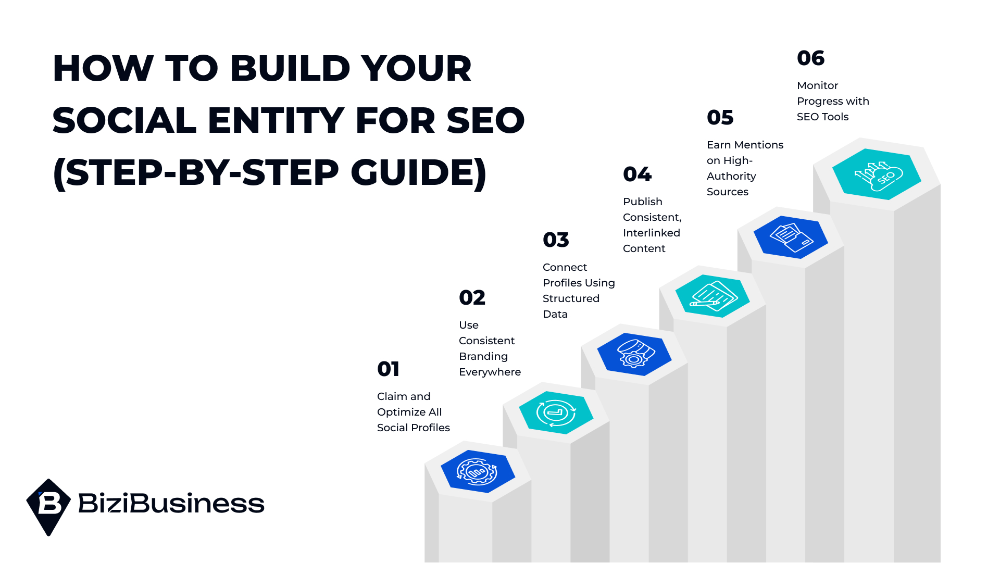
Step 1: Claim and Optimize All Social Profiles
Start with the essentials: Google Business Profile, Facebook, LinkedIn, Instagram, and any niche directories in your industry. Claim your handles and fill out every field — business name, description, categories, and contact info. Don’t leave anything blank.
Step 2: Use Consistent Branding Everywhere
This step is where many businesses slip. Your name, logo, tagline, and even your brand colors and tone should match across every platform. Google rewards consistency — it’s a trust signal that confirms all these profiles represent the same entity.
Step 3: Connect Profiles Using Structured Data
Use schema markup on your website to connect your brand to your social accounts. The “sameAs” property in JSON-LD format tells search engines which profiles are officially linked to your brand. It’s a small detail with massive SEO value.
Step 4: Publish Consistent, Interlinked Content
Content validates your activity. Post regularly on each platform and link back to your main site or landing pages. Interlink your social posts, blogs, and videos to show relevance and activity. Dormant profiles weaken your entity.
Step 5: Earn Mentions on High-Authority Sources
Leverage PR, partnerships, and guest content to get mentioned by credible sites. These mentions strengthen your social entity by associating it with trustworthy domains, helping build semantic connections around your brand.
Step 6: Monitor Progress with SEO Tools
Use tools like Google Search Console, SEMrush, or BrandMentions to track how your entity appears in search results. Look for improvements in visibility, branded searches, and structured data recognition.
Building a strong social entity isn’t a one-time task — it’s an ongoing strategy. But when done right, it becomes one of the most powerful assets in your SEO arsenal.
Common Mistakes to Avoid
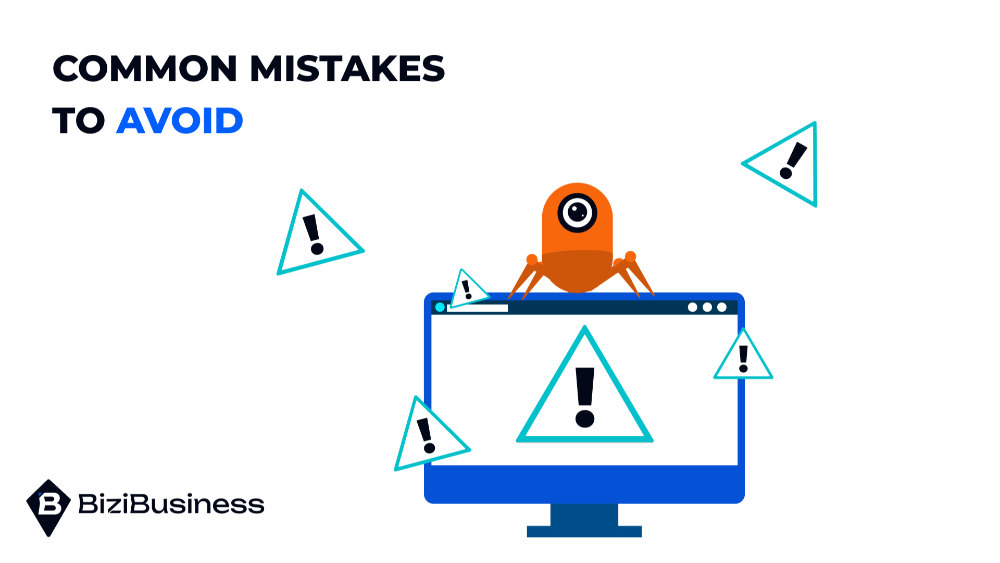
Even with the best intentions, brands often sabotage their social entity SEO without realizing it. Here are the most common missteps to watch for:
- Inconsistent branding across platforms: Using slightly different business names, logos, or bios across your profiles creates confusion for search engines — and weakens your entity.
- Skipping schema markup: If your site lacks structured data, you’re missing a vital connection point between your content and your external profiles. Schema isn’t optional anymore — it’s foundational.
- Relying too heavily on traditional backlinks: Yes, they matter. But entity-building is broader than link building. If you’re chasing links and ignoring your brand’s structure, you’re leaving visibility on the table.
- Neglecting old or broken profiles: Outdated listings or inactive pages are dead weight. They not only fail to help — they actively hurt your legitimacy.
Avoid these, and you’re well on your way to building a robust, trustworthy entity Google loves to rank.
Final Thoughts: Why You Should Care About Social Entity SEO
If you’ve been treating SEO like a checklist of keywords and backlinks, it’s time to zoom out. The game has changed — and Google is now focused on context, credibility, and connections.
Social entity SEO isn’t a trend. It’s the framework that supports your brand’s visibility across AI-driven search, zero-click results, and voice assistants. When you build a unified, trusted entity, you’re not just optimizing for rankings — you’re building long-term authority.
In a world where attention is fleeting and algorithms are smarter than ever, your brand needs to show up everywhere with clarity and confidence.
Want to get there faster — and without the guesswork? BiziBusiness offers expert SEO services designed specifically to help SMBs like yours build real digital authority.
Let’s future-proof your search strategy together!
